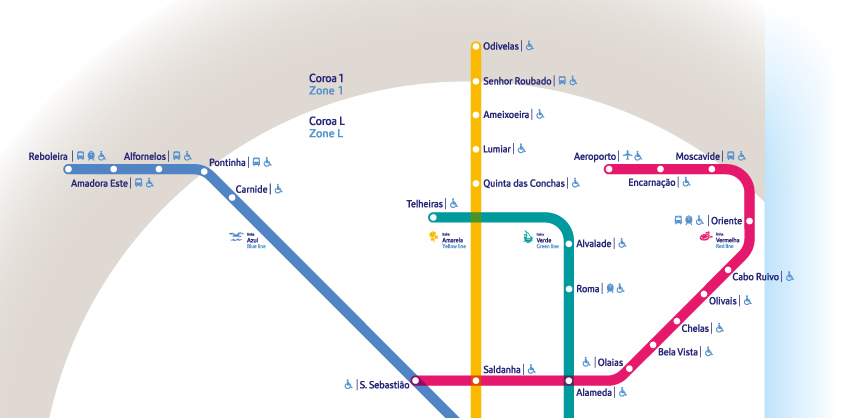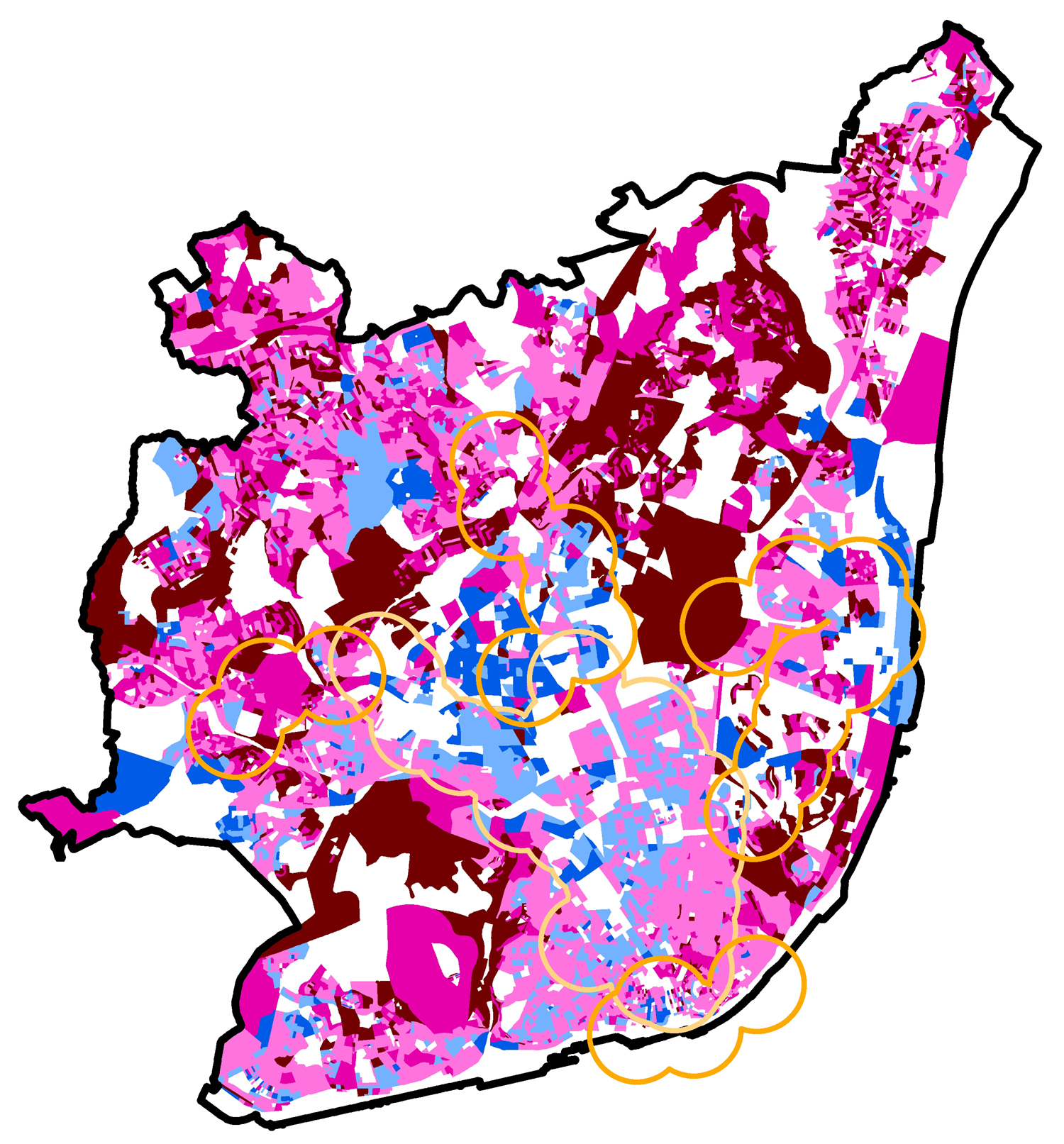Land Policy and the Equitable City Case Study: Lisbon, Portugal
This project is a case study contribution to the international project Land Markets and Social Equity: An International Comparative Perspective, in which scholars, advocates, and policy makers from across the globe explore the concept of equitable cities, and how progress toward more equitable cities can be measured and monitored. Lisbon presents a very diverse social and functional mosaic, which has been consolidated along time and still influence the perception and even the condition of some urban areas. Urban change throughout the 20th century shaped an uneven geography, with large tracts of socio-spatial exclusion within the city and metropolitan region. The case study will focus on changes occurring since the early 1990’s triggered by the expansion of subway networks to formerly peripheral areas, in conjunction with specific urban regeneration projects and public housing programs. This expansion connected the central city districts with peripheral and socio-spatially segregated areas. Not only it improved accessibility and reduced travel times considerably, it also triggered other public and private-led urban projects with impact on the local socio-economic fabric.
In the first part of the case study report, a synthetic overview of the urban development of the city and the transition to the metropolitan area since the mid-20th century is presented and socio-spatial segregation patterns discussed. Social equity indicators and cartography will be used to characterize the urban situation in the early 1990’s at a city-wide scale, including the neighbouring municipalities. As the subway network expands, areas of influence around the stations will be analysed with more detail through quantitative equity indicators and qualitative characterization at the neighbourhood scale. Census data from 1991, 2001 and 2011 are the basis for a time-framed evaluation of social and spatial change. Locational and size indicators related to the public housing programs and major urban facilities will provide linkages between transport policies and social equity across the studied territory.


Date: 2018
Coordination Lisbon Case Study: João Rafael Santos (FA.ULisboa) & Fernando Nunes da Silva (IST.ULisboa)
Team: João Rafael Santos, Fernando Nunes da Silva, David Vale, João Henriques
Partners: Instituto Superior Técnico (IST.ULisboa)